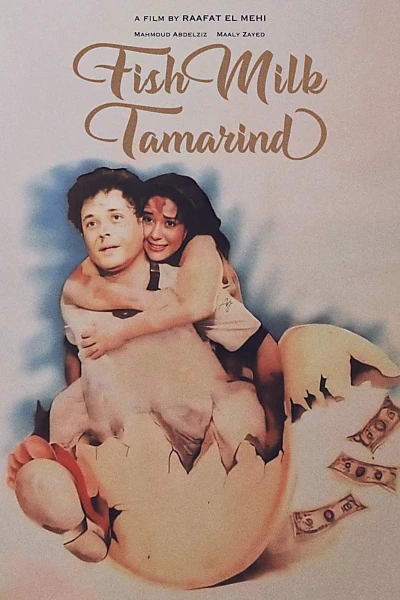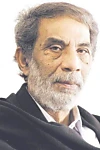The Night of Counting the Years (1969)
The Night of Counting the Years (1969)
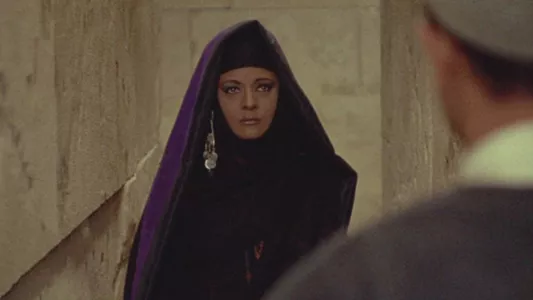
Plot.
Where to Watch.
 Free
FreeCurrently The Night of Counting the Years is available for streaming online, rent, buy or watch for free on: Public Domain Movies
Streaming in:🇺🇸 United States

Cast & Crew.

Ahmed Marei
Wannis

Nadia Lotfi
Zeina
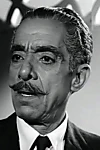
Abdel Azim Abdel Haqq
Uncle
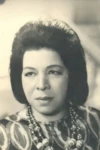
Zouzou Hamdy ElHakim
Wannis' Mother

Mohamed Nabih
Murad

Mohamed Morshed
Stranger

Abdelazim Abdelhack
Uncle
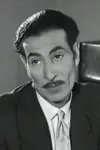
Shafiq Nour ElDein
Ayoub

Ahmed Khalil
First cousin

Mohamed Khairy
Ahmed Kamal

Ahmad Anan
Badawi Bey
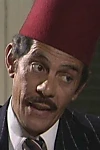
Ahmed Hegazi
Brother
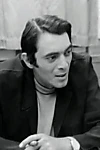
Helmi Halali
Second cousin

Mohamed Abdel Rahman
Third cousin

Gaby Karraz
Maspero

Abdelmonen Aboulfoutouh
Uncle

Abdel Aziz Fahmy
Cinematographer

Shadi Abdel Salam
Director / Writer / Costume Design

Roberto Rossellini
Producer

Nabila Fawzy
Makeup Artist

Hassan Eltouni
Sound Engineer

Sayed Aly
Casting

Safwat Mustafa
Producer

Abdel Wahhab Qotb
Makeup Artist
Media.






Details.
Release DateJanuary 27, 1969
Original Nameالمومياء
StatusReleased
Running Time1h 42m
Genres
Last updated:
This Movie Is About.
Wiki.
The Night of Counting the Years, also released in Egypt as The Mummy (Arabic: المومياء, romanized: Elmomya), is a 1969 Egyptian film and the only feature film directed by Shadi Abdel Salam. It features a special appearance by Nadia Lutfi. It is the 3rd on the list of Top 100 Egyptian films. The film was produced by Roberto Rossellini for General Egyptian Cinema Organisation. Rossellini was instrumental in encouraging Abdel Salam to make the film, which tells a story set among the grave robbers of Kurna in Upper Egypt.
It remains one of the best examples of neo-realism in Egyptian cinema. Other notable examples include Youssef Chahine's Al Ard (The Earth, 1969) and Al Usfur (The Sparrow, 1972) as well as Tewfik Saleh's Al Makhdu'un (The Dupes, 1973).
"Shadi Abdel Salam's The Mummy was the forerunner of what was to become the hallmark of the neo realism, namely, the preoccupation with the search for identity and the relationship between heritage and character." The relationship between contemporary and Ancient Egypt is dealt with allegorically in the film. The static images of landscape and the rigid expressions of the main characters reflect those of the statues and reliefs found in Ancient Egypt. The use of classical Arabic, not Egyptian dialect which is normally used in Egyptian cinema, reinforces the impression of monumentalism.
The unrestrained sacking of the tombs is represented as a danger, threatening moral decline by inviting greed and sex to undermine the dignity of the tribe and its traditions, replacing the order of the world with chaos.
Shadi Abdel Salam has said that his task was to remind Egyptians of their own history: "I think that the people of my country are ignorant of our history and I feel that it is my mission to make them know some of it. I regard cinema not as a consumerist art, but as a historical document for the next generations." Although he went on to direct short fiction and documentaries, The Night of Counting the Years remains Abdel Salam's only full length feature film.
The film was selected as the Egyptian entry for the Best Foreign Language Film at the 43rd Academy Awards, but was not accepted as a nominee.
You May Also Like.

The Revenant (2015)

Maria (2024)

Red Rooms (2023)

Marching Band (2024)

Joy (2024)

Next Goal Wins (2023)

The Deep Dark (2023)

Zabriskie Point (1970)

Godzilla vs. Megalon (1973)
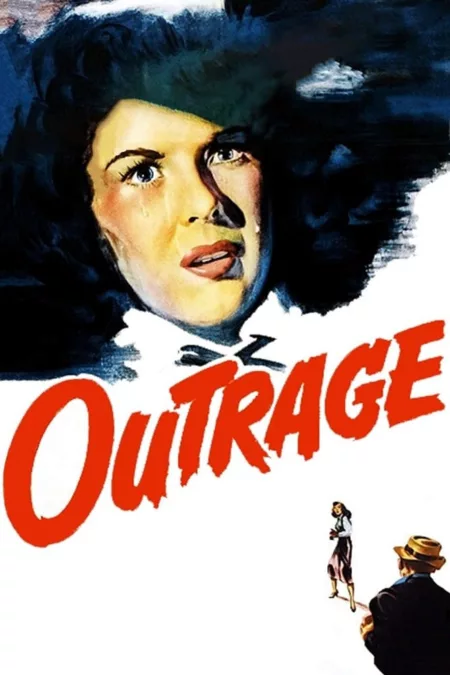
Outrage (1950)

Nostalgia (1983)

Stage Fright (1987)

The Quiet Son (2024)

A Lizard in a Woman's Skin (1971)
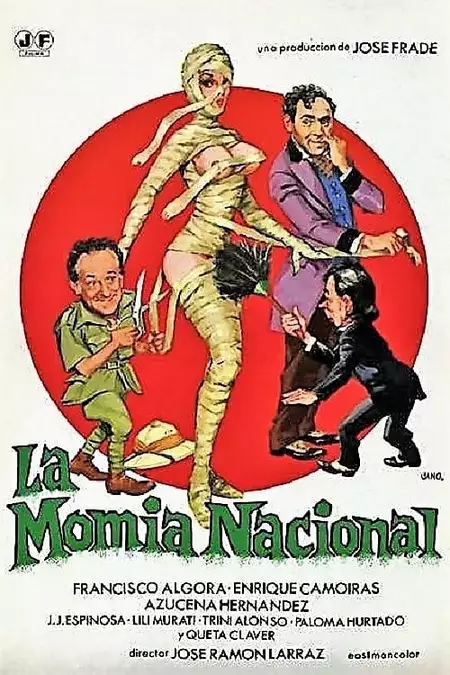
The National Mummy (1981)
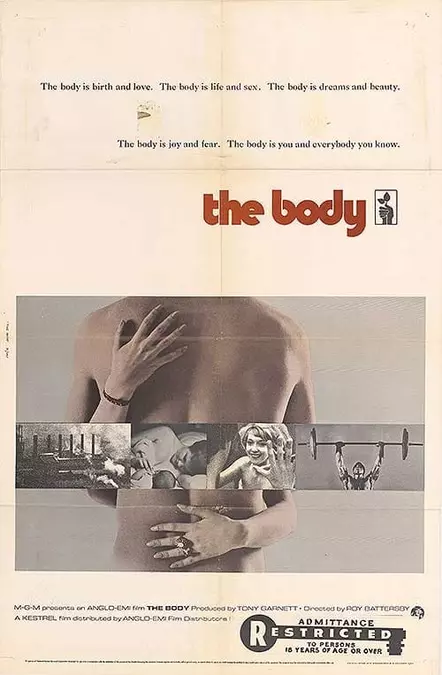
The Body (1970)
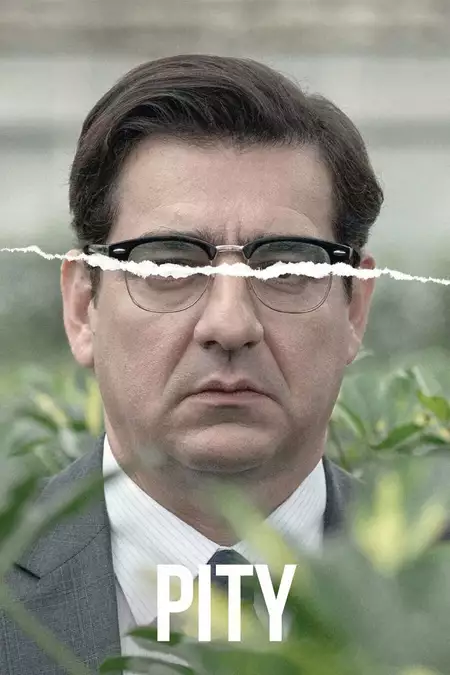
Pity (2018)
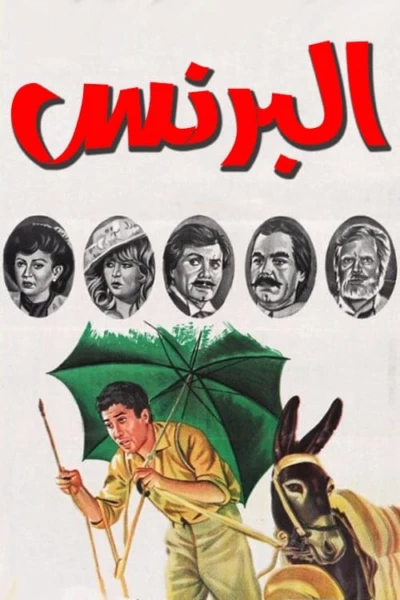
Albarnas (1984)
